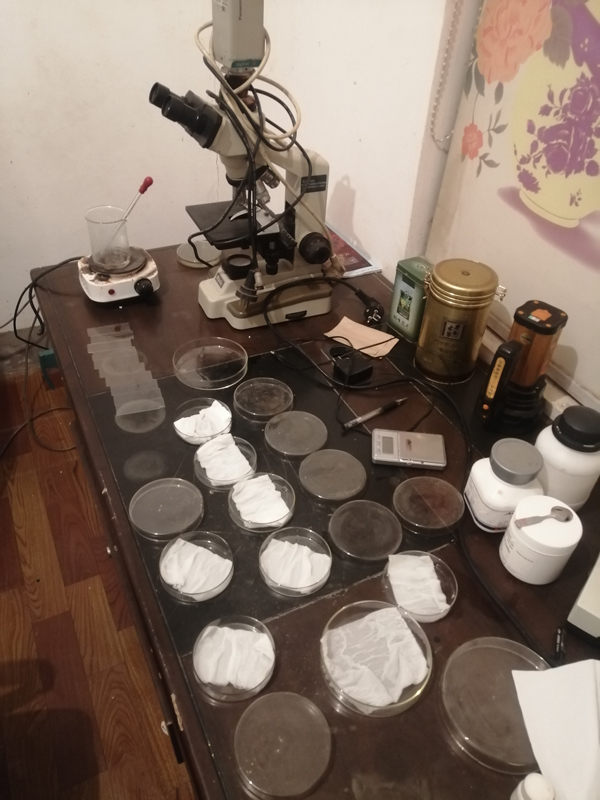تەموز . 31, 2024 01:46 Back to list
The Importance of Pear Pollination in Ecosystems and Agricultural Sustainability for Fruit Production
The Role of Pear Pollination Services in Agriculture and Ecosystems
Pollination is a critical ecological process that fosters the reproduction of flowering plants, leading to fruit and seed production. Among various crops, pears (Pyrus spp.) play a significant role in both agricultural economies and natural ecosystems. The effectiveness of pear pollination services is vital for enhancing fruit yield, ensuring genetic diversity, and supporting biodiversity.
Understanding Pear Pollination
Pears are primarily self-incompatible, meaning that they require pollen from different varieties to produce fruit. This characteristic highlights the importance of pollinators in the pear production process. Various pollinators, including honeybees, native bees, and other insects, contribute to effective pollination, which ultimately increases fruit set and enhances the quality of the pears produced.
Honeybees (Apis mellifera) are among the most well-known pollinators, often managed by beekeepers in agricultural settings. They are efficient in transferring pollen between pear flowers, resulting in successful fertilization and fruit development. Additionally, native bee species, such as mason bees and bumblebees, also play a crucial role due to their unique foraging behaviors and preferences for specific flowers. These native pollinators often emerge early in the spring when pear blossoms are available, providing essential pollination services even before honeybees are active.
Economic Impact of Pollination Services
The economic implications of effective pear pollination services are substantial. A study conducted in various agricultural regions has shown that increased pollinator activity leads to significantly higher yields of pear fruit. This not only benefits farmers through increased production but also enhances the quality of the produce, satisfying consumer demands for high-quality, locally-sourced pears.
the role of pear pollination service

Moreover, the dependency of pear orchards on pollinators underscores the importance of investing in pollinator health and habitat conservation. Practices such as reducing pesticide usage, planting pollinator-friendly crops, and preserving natural habitats around agricultural lands can support the diversity and health of pollinator populations. In doing so, farmers can ensure consistent and reliable pollination services, which are essential for maintaining productivity and profitability in pear cultivation.
Biodiversity and Ecosystem Resilience
Pollination services extend beyond individual crops; they contribute significantly to the broader health of ecosystems. Pears and other flowering plants offer critical food resources for various pollinators, which in turn supports higher trophic levels within the food web. This interdependence highlights the vital role of pollinators in maintaining ecosystem resilience.
Furthermore, the genetic diversity brought about by cross-pollination in pear trees enhances their adaptability to changing environmental conditions, diseases, and pests. Increased genetic variation can lead to more robust trees capable of withstanding climate fluctuations, thereby contributing to the sustainability of agricultural practices.
Challenges and Conservation Efforts
Despite the undeniable importance of pollination services for pear production and ecosystem health, many challenges threaten pollinator populations. Factors such as habitat loss, pesticide use, climate change, and diseases have led to declines in bee populations globally. To mitigate these impacts, conservation efforts are crucial. Initiatives that promote organic farming, create pollinator habitats, and raise awareness about the value of pollinators are essential for protecting and sustaining these vital services.
In conclusion, the role of pear pollination services is indispensable for ensuring fruitful harvests and maintaining ecological balance. By recognizing their importance and investing in conservation strategies, we can protect not only the pollinators themselves but also the agricultural landscapes and ecosystems that rely on their services. By fostering healthy pollinator populations, we pave the way for a more sustainable and productive agricultural future, supporting both farmers and nature alike.
-
Artificial Pollination Solutions for Pear Trees Auxiliary Pollination Services & Pricelist
NewsJun.10,2025
-
Bagging Paper Bag for Fruit - Wholesale Suppliers & Manufacturers for Fruit Factories
NewsJun.10,2025
-
Premium Apple Birch Tree Pollen Suppliers Quality Exporters
NewsJun.09,2025
-
Lorado Pollen Suppliers Pure Apricot Flower Pollen Collection
NewsJun.09,2025
-
Premium Mulberry Pollen Natural Source for Bee Health & Nutrition
NewsJun.09,2025
-
Optimize Cross Pollination Functions Top Manufacturers & Suppliers
NewsJun.09,2025